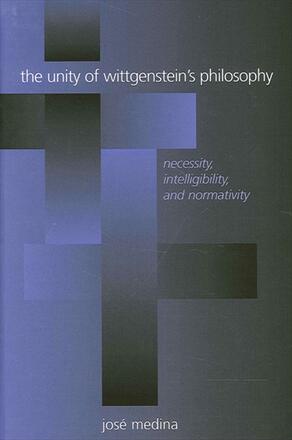
The Unity of Wittgenstein's Philosophy
Necessity, Intelligibility, and Normativity
Alternative formats available from:
Explores the stable core of Wittgenstein's philosophy as developed from the Tractatus to the Philosophical Investigations.
Description
Exposing the myth of "the two Wittgensteins," this book provides a detailed account of the unity in Wittgenstein's thought from the Tractatus to the Philosophical Investigations. Unlike recent interpretations in the literature, this account is not the story of the unfolding of a single view, but instead the story of an ongoing conversation and its internal logic. Throughout his career, Wittgenstein argued that philosophical problems about the necessary and the impossible, on the one hand, and about the meaningful and the nonsensical, on the other, might be dissolved by means of an elucidation of ordinary language use. This approach always relied on the same strategy, namely contextualism. He identified decontextualization as the main source of philosophical confusion and argued that philosophical understanding consists of situating concepts in the normative contexts in which they function. This critical reconstruction contributes to the understanding of Wittgenstein's philosophy and illuminates contemporary debates concerning necessity, intelligibility, and the normativity of language.
José Medina is Assistant Professor of Philosophy at Vanderbilt University.
Reviews
"This is a carefully conceived and imaginatively executed piece of work with a great deal to offer its intended audience. Medina is thoroughly familiar with the primary and the secondary literature, he has a thesis both important and unexpected, and his arguments are plausible and far-reaching." — James C. Edwards, Furman University